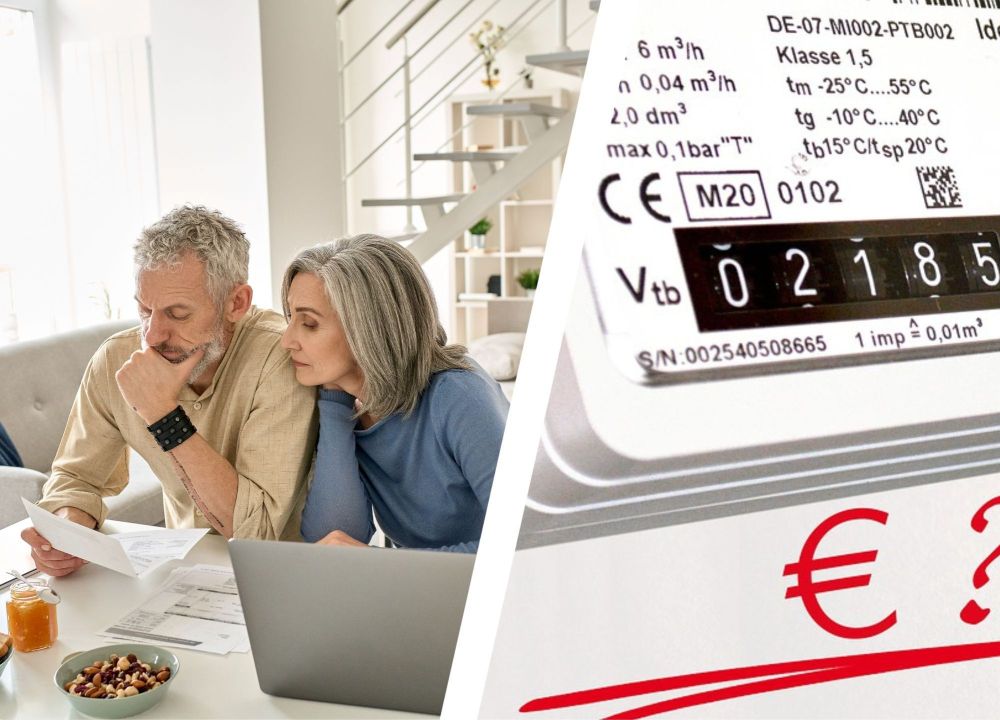Europe faces a tough winter as gas is indispensable in keeping homes warm. The only alternative to the loss of Russian gas is LNG. But LNG is only available at a higher price because it can only come to Europe if consumers in the rest of world use less gas. The LNG supply is thus very price-inelastic, at least in the short run. This implies that any measure to keep gas or electricity prices low in Europe risks a substantial increase in the LNG import price because lower prices in Europe would result in higher overall domestic consumption.
A simple model shows that any one EU Member State that subsidises domestic gas consumption imposes an external effect on all other Member States by driving up import prices. An EU-wide price cap would be even worse, risking a never-ending spiral of higher import prices and higher subsidies.
Instead, the EU should encourage Member States to make sure that consumers are given the right incentive to reduce their personal gas consumption. This could also be achieved with capped prices if (and only if) consumers receive money back for consuming less. Thus, the key policy aim should not be subsidising gas or power prices but instead to subsidise energy savings.


